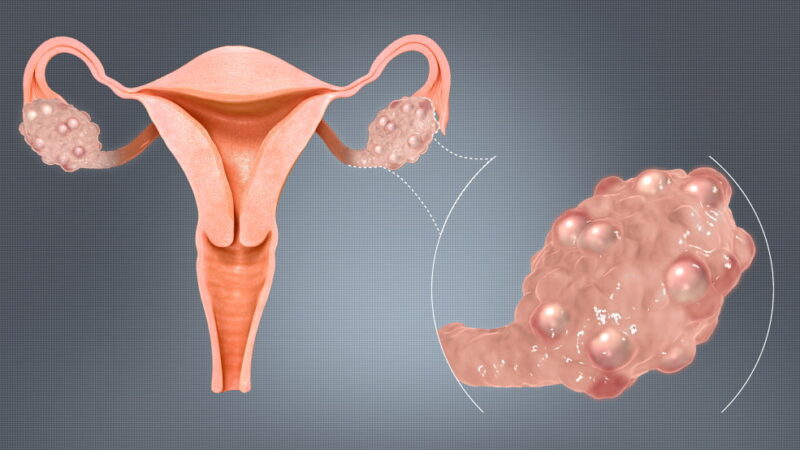Polycystic Ovarian Syndrome Awareness Month is dedicated to raising awareness about a serious and common disease affecting many women. Statistics show that one in five women aged 18 to 45 are diagnosed with polycystic ovary syndrome (PCOS). While there is still no guaranteed cure for every patient, early medical intervention can help prevent complications such as diabetes, heart disease, and endometrial cancer. The more people know about this condition, the better they can manage and treat it.
History
The first known case of polycystic ovary syndrome was reported in 1721 by Italian scientist Antonio Vallisneri. The condition was officially described in America in 1935 by gynecologists Irving F. Stein Sr. and Michael L. Leventhal. Decades later, a conference dedicated to PCOS proposed diagnostic criteria that are still in use today. As of 2010, over 116 million women worldwide had been diagnosed with PCOS. Polycystic Ovarian Syndrome Awareness Month plays a vital role in educating women about this condition, available treatments, and ongoing research advances.
Main Causes of PCOS
- Excess insulin: When the body is resistant to insulin, blood sugar levels rise, triggering higher insulin production. This can increase androgen levels and disrupt ovulation.
- Inflammation: Chronic, low-grade inflammation is believed to be a factor in PCOS, as it can stimulate androgen production in the ovaries, affecting heart and vascular health.
- Excess androgens: Elevated androgen levels, produced by the ovaries, can lead to PCOS as well as related symptoms like acne.
- Genetics: Research has identified several genes that may increase the risk of PCOS.
- Unknown causes: In some cases, doctors are unable to determine the exact cause of PCOS.
How to Participate in Polycystic Ovarian Syndrome Awareness Month
Many people hesitate to discuss PCOS, but staying silent can have serious consequences. Talk to your gynecologist and friends about polycystic ovary syndrome. Don’t ignore symptoms like irregular periods, acne, hair loss, weight gain, or diabetes. If you notice these signs, see a doctor for evaluation and testing.
When is Polycystic Ovarian Syndrome Awareness Month in 2025?
Polycystic Ovarian Syndrome Awareness Month is observed on September 1 each year.
Observations
| Weekday | Month | Day | Year |
| Monday | September | 1 | 2025 |
| Tuesday | September | 1 | 2026 |
| Wednesday | September | 1 | 2027 |
| Friday | September | 1 | 2028 |
| Saturday | September | 1 | 2029 |




